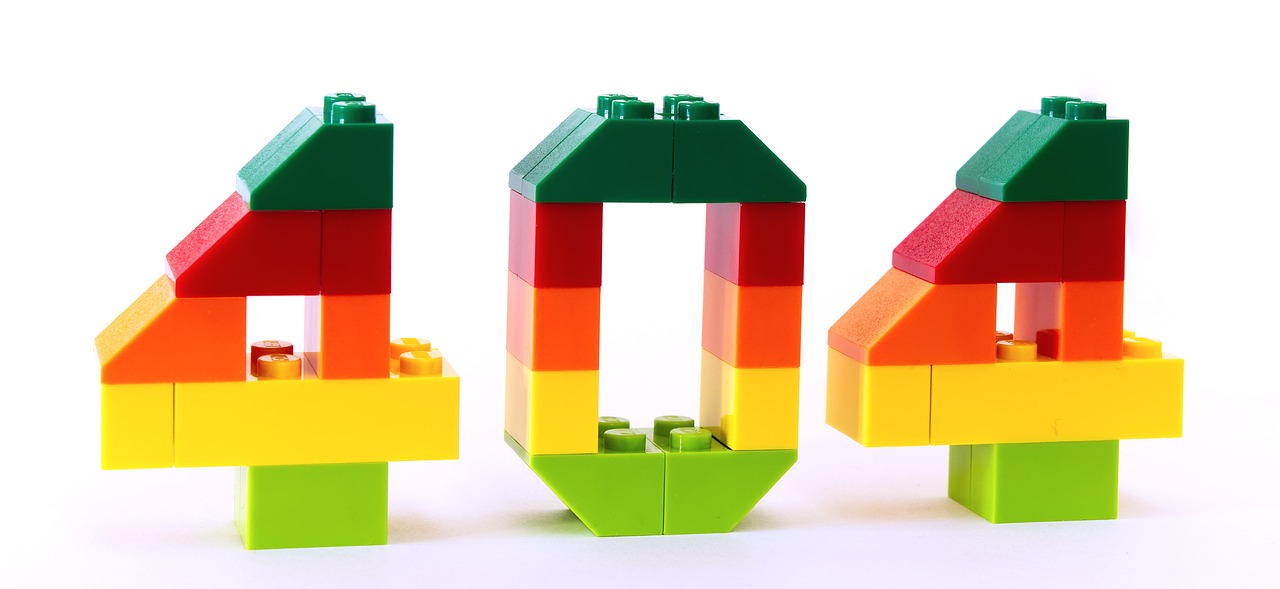When buying a used car, it’s like stepping into a mystery—you don’t want any hidden chapters to catch you off guard. That’s why doing a free Texas license plate lookup is like getting the book’s back cover synopsis. It gives you crucial insights and ensures you’re not diving into a story filled with costly plot twists. Don’t skip this step; it’s the key to a happy ending for your investment. Read on to learn how this quick check can save you from unexpected surprises.
Avoiding Data Input Errors

Accurate data entry is essential for tasks like filling out online forms or entering information into databases. Whether you’re registering a vehicle, applying for a permit, or completing any form, it is crucial to ensure that all your inputs are 100% correct, as mistakes can cause potential problems in the future. Errors can lead to delays, legal issues, or even application rejections. Correct data ensures that systems run smoothly and efficiently. However, as with most things in life, mistakes can occur. In the auto industry, common errors may arise in connection with license plate lookup tools.
Common Data Entry Mistakes for Texas Plate Search
| Typos | Simple typographical errors are among the most frequent data entry mistakes. Typos, especially in the form of wrong plate number sequences, can easily lead to misidentifications or poor research results, especially in critical areas such as legal documents or identification records. |
| Use of Unrecognized Characters | Entering unrecognized or special characters in a Texas plate search can lead to processing errors or invalid results. Many systems are designed to recognize only specific alphanumeric characters, and including symbols, accents, or other non-standard inputs may cause the system to reject the entry or return incorrect information. It’s crucial to follow the prescribed format and avoid adding any extra characters to ensure the search is conducted accurately and efficiently. |
| Incorrect Formatting | Using incorrect formats (such as dashes or spaces in the wrong places) can affect the way information is processed. Different systems might have specific formatting requirements that must be adhered to. |
Tips for Verifying Plate Numbers Before Submitting
Rushing through vehicle research could almost cost you a fortune if you overlook a small discrepancy in the plate number. Thankfully, there are tools to verify it before finalizing the purchase. Double-checking can save you from potential headaches, especially when you keep these tips in mind during your vehicle research.
Double-Check Entries
Always review the details you entered carefully before submission. Cross-check each character of the plate number to ensure it matches the original document or source.
Compare with Original Documents
Refer back to the original license plate or registration document when entering information. This helps in catching any discrepancies that might occur during data entry.
Enlist a Second Pair of Eyes
If possible, have another person review the data entry. Fresh eyes can often catch mistakes that you might overlook.
Keep Records
Maintain a copy of the original information and your data entry for reference. This can be useful for resolving any discrepancies that may arise later.
Understanding Limitations and Scope of Texas Plate Check
When you’re doing a free number plate search, it’s important to know what kind of information you can and can’t obtain. Many people aren’t aware of the limitations, which can lead to confusion about how much detail these searches can actually provide and how useful that information is for your specific purposes.
There’s no doubt that a Texas license plate check allows you to find tons of information about a vehicle using its license plate number. You can learn the make, model, year, specifications, and sometimes even the VIN. It may also reveal if the vehicle has been reported stolen, if there are any outstanding recalls, or if it has been involved in major accidents. That said…
Popular misconceptions on Texas license plate lookup
Many people think that a license plate search can reveal all sorts of personal details about the car owner, such as their name, address, or phone number. But, thanks to privacy laws, you usually won’t get this kind of information from a simple Texas plate check.
Another common belief is that the plate number lookup will always show a complete history of the car, including every sales timeline, accident incident, and service record. The truth is, the amount of information you get can vary a lot depending on where the data comes from—whether it’s public records or private databases. So, you should keep your eyes peeled for additional references in case you find the car report you gain insufficient.
Public vs Private Car Databases
Texas public records like those from Texas DMV, NHTSA, and NICB.org usually give you the basics like registration status, title history, and any legal flags like theft. These records are tightly regulated to protect your privacy.
On the flip side, private databases, run by companies offering vehicle history reports, can dig a bit deeper. They might include accident reports, warranty information, and sometimes a more detailed look at ownership, aftermarket status, and maintenance history. But keep in mind, accessing this info often comes with a fee, and it might not always be 100% accurate or up-to-date.
So, while checking a Texas license plate can provide useful details, it’s important to know its limits, especially when it comes to personal information and full vehicle history. Being aware of these limitations helps set realistic expectations and prevents you from relying on incomplete or misleading data.
Confirming Results with Official Sources

Cross-checking your results with official sources, such as the Texas Department of Motor Vehicles (DMV) or other relevant authorities, is not just a recommended practice—it’s essential. This ensures that the information you rely on is accurate, up-to-date, and legally sound.
Why Cross-Checking Results with Official Sources is Crucial
Double-checking information with official sources is vital for several reasons. First, it ensures that the details you have—whether about a vehicle’s history, ownership, or any outstanding liens—are accurate and up-to-date. Official databases usually have the most current records, capturing recent transactions or changes that might not yet show up on third-party sites.
Also, relying only on unofficial sources or online tools can sometimes lead to committing mistakes or working on false, outdated, or incomplete data. These errors can be costly, especially when you’re making big decisions like buying a car. By cross-referencing with official records, you lower the chances of running into unpleasant surprises, like hidden accidents, title problems, or unpaid fines, that could mess up the deal.